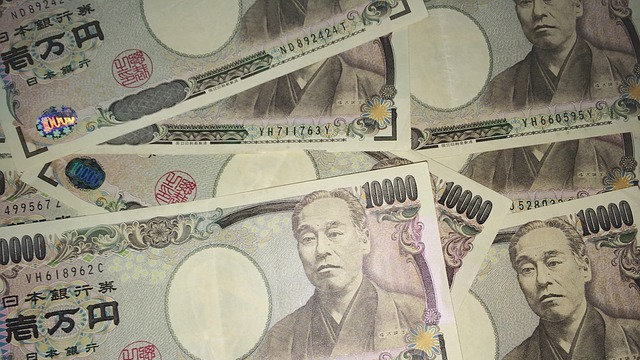The Japanese Yen is facing challenges as markets evaluate the implications of the recent general election in Japan. This electoral shift has prompted investors to question the stability of the world’s fourth-largest economy. The Liberal Democratic Party, in power since 1955, experienced a significant loss, failing to secure a majority for the first time in 15 years. The ruling party, along with its coalition partner Komeito, secured only 215 of the 465 seats in the lower house, falling short of the 233 needed for a majority. Meanwhile, the opposition party made substantial gains, climbing from 98 to 148 seats.
In response to this political development, the USD/JPY currency pair started the week with a bullish gap, reaching its highest point in nearly three months near 154.00. As of now, the pair is trading slightly below 153.50, reflecting an increase of approximately 0.7% for the day. The selling pressure on the Yen is further illustrated by the movements in other currency pairs, with EUR/JPY gaining over 0.6% at 165.50 and GBP/JPY rising by 0.7% to 198.70.
After a correction earlier in the week, the US Dollar Index rebounded and closed positively on Friday, realizing an overall gain of more than 0.8% for the week. As the new week opens, the index is inching higher toward 104.50, and US stock index futures are also showing positive movement, indicative of a more optimistic risk appetite in the market.
In the Eurozone, the EUR/USD pair has continued a downward trend, marking its fourth consecutive week of losses, trading in a narrow range around 1.0800 on Monday morning. Similarly, GBP/USD lost its upward momentum from the previous week, stabilizing around 1.2950 as it consolidates its position.
gold prices initially surged after falling below $2,720 but have since struggled to find a clear direction, moving sideways below the $2,750 mark as early trading resumes on Monday.
